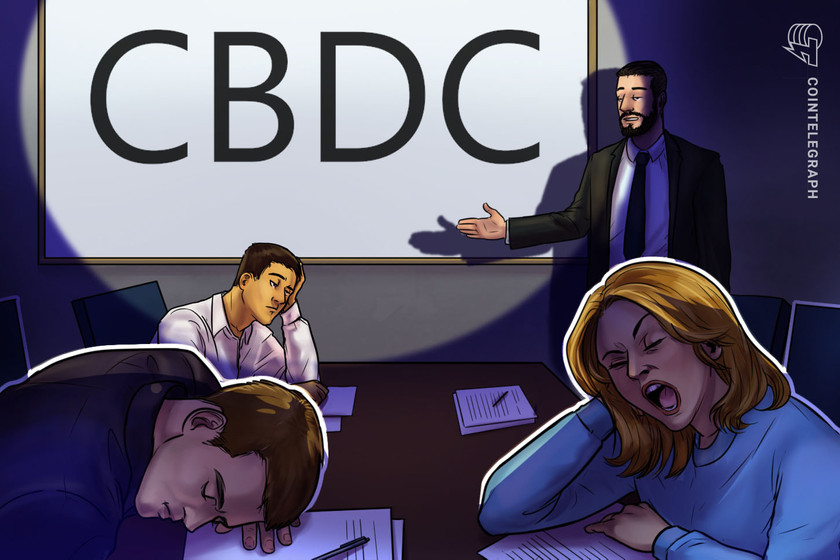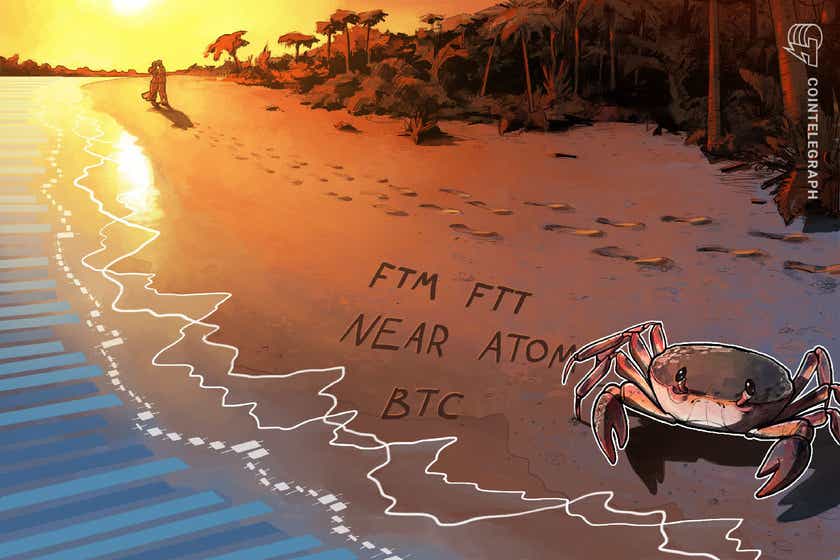MicroStrategy subsidiary adds another 4,197 BTC to balance sheet
The business intelligence firm now owns a total of 129,218 BTC.
564 Total views
15 Total shares

On Tuesday, enterprise software development firm MicroStrategy announced via a filing with the U.S. Securities and Exchange Commission (SEC) that its subsidiary MacroStrategy acquired 4,197 Bitcoin (BTC) ($190.5 million) between February 15 and Tuesday.
MacroStrategy has purchased an additional 4,167 bitcoins for ~$190.5 million at an average price of ~$45,714 per #bitcoin. As of 4/4/22 MicroStrategy #hodls ~129,218 bitcoins acquired for ~$3.97 billion at an average price of ~$30,700 per bitcoin. $MSTRhttps://t.co/Z45OuJU5KI
— Michael Saylor⚡️ (@saylor) April 5, 2022
The coins were bought at a weighted average price of $45,714, which is roughly equivalent to the price of the digital asset at the time of publication. As a result, MicroStrategy and its subsidiaries now hold a total of 129,218 BTC, with a total aggregate purchase price of $3.97 billion and an average purchase price of $30,700 per BTC.
The week prior, MacroStrategy closed a $205 million BTC-collateralized loan from leading fintech and crypto-fiat gateway bank Silvergate. The firm said it would use the loan to purchase more BTC while its own BTC deposits would serve as collateral for the borrowing, effectively turning it into a sophisticated leverage trade.
Microstrategy has been investing in BTC since August 2020, purchasing the digital asset every quarter almost consistently.
But recently, the SEC rejected its Bitcoin accounting practices, sending its shares plunging on that day. The firm had been using methods, in part, to negate the effects of the volatility of the crypto market. MicroStrategy founder, chairman and CEO Michael Saylor has been a Bitcoin permabull, citing the digital asset’s potential as a “hedge against inflation” as part of his investment thesis.
Though last Friday, despite his bullish outlook, Saylor said that financial markets are not ready for Bitcoin bonds and that El Salvador’s Volcano Bond was even riskier than his firm’s BTC collateralized loan.









